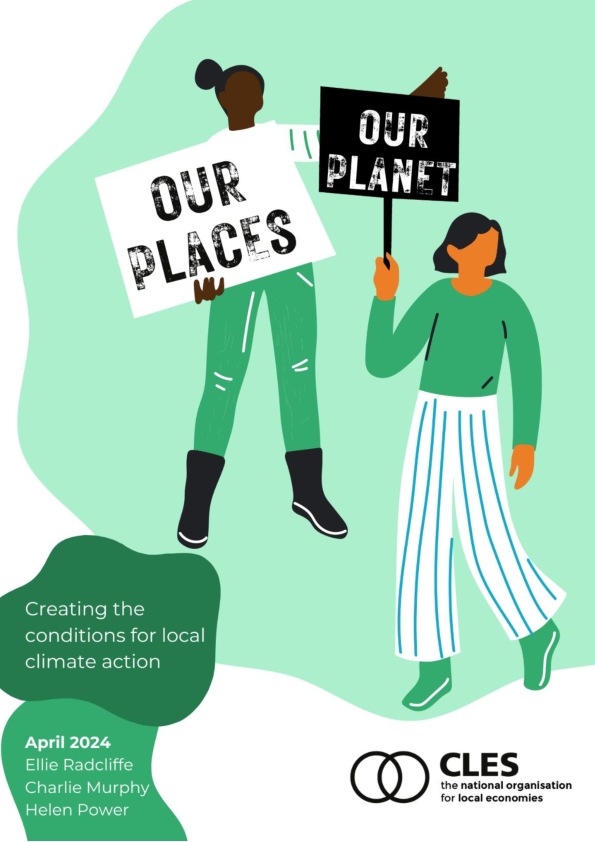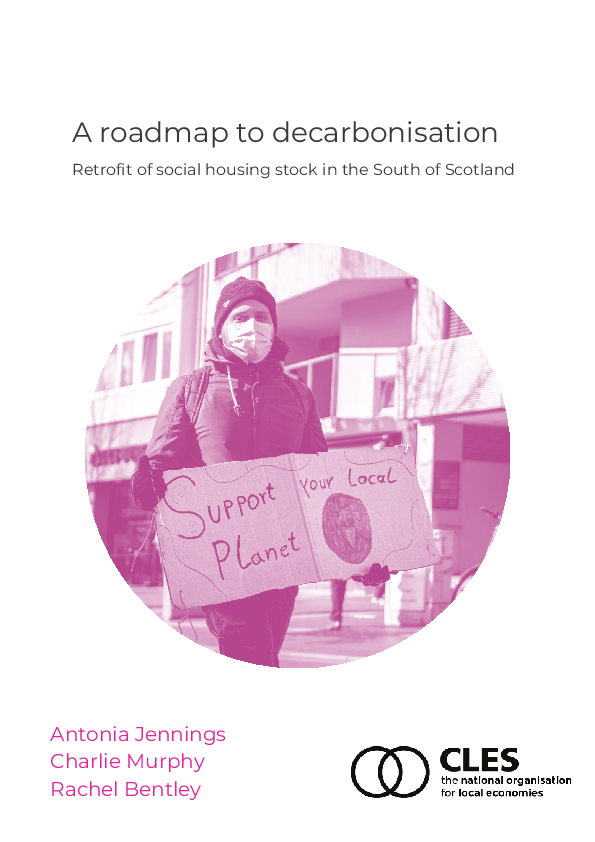“Fix the broken system”
This article originally appeared in the Municipal Journal.
At a time when both Westminster and the Scottish Government have U-turned on their climate commitments, local governments across the UK are plugging the gap in their efforts to tackle climate crisis. However, while localities recognise that climate action will be one of the critical factors shaping our places so that they are fit for the future, this work often goes under the radar, under-appreciated and under-funded.
Local authorities are taking action on climate because they know it’s the right thing for their places and not, as one officer put it, “because the government is allowing us to.”











